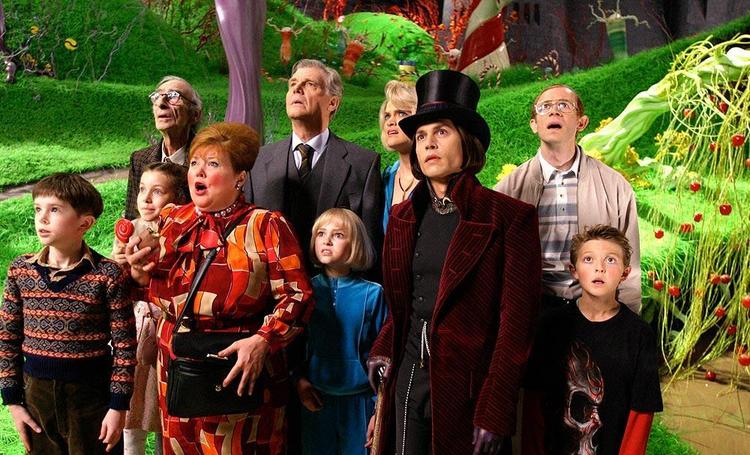Science fiction movies have always been a captivating genre that combines imagination, advanced technology, and thought-provoking themes. When it comes to translating the terms related to science fiction movies into English, there are several key aspects to consider.

Firstly, the basic terminology of science fiction movies is crucial for accurate translation. The phrase "science fiction movie" can be translated directly as "science fiction film" or simply "sci-fi film". For example, the Chinese term "科幻电影" can be rendered as "science fiction movie", such as "This is an excellent science fiction movie." In addition, some specific types of science fiction movies have their own unique translations. For instance, a "space opera" can be translated as "太空歌剧", which is a subgenre of science fiction that focuses on interstellar adventures, grand space battles and epic storytelling. A classic example of a space opera is "Star Wars" series. It has all the elements of a typical space opera, with a vast galaxy filled with various alien species, powerful space fleets and a hero's journey that spans multiple planets and galaxies. Another type is the "cyberpunk sci-fi movie", which can be translated as "赛博朋克科幻电影". This kind of movie usually depicts a dark, futuristic world where high-tech meets low-life, and advanced technology is often accompanied by social decay and crime. A well-known cyberpunk sci-fi film is "Blade Runner", showing a rainy, dystopian cityscape filled with advanced robots and humans living in a state of moral ambiguity.
Secondly, the translation of the titles of science fiction movies requires special attention. Some titles are quite direct in their meaning and can be translated literally. For example, "The Day the Earth Stood Still" can be translated as "地球停转之日", clearly conveying the main event in the movie. However, some titles may have more abstract or figurative meanings. For example, "Inception" was translated as "盗梦空间". This title not only refers to the literal act of stealing someone's dream but also hints at the complex and mind-bending plot of the movie. Moreover, the translation of the titles should also consider cultural factors to make them more appealing and understandable to the target audience. In some cases, a transliteration combined with a brief explanation can be used. For example, "Kung Fu Hustle" was translated as "功夫熊猫" (with the subtitle "Kung Fu Panda"), which both keeps the original flavor and makes it clear that it's about a panda with kung fu skills.
Thirdly, the translation of the dialogues in science fiction movies plays an important role in maintaining the original flavor and conveying the emotions and ideas of the characters. The language in these dialogues can range from technical jargon to colloquial expressions. For technical terms, accuracy is essential. For example, in a movie about time travel, phrases like "time dilation" should be translated accurately as "时间膨胀" to maintain the scientific concept. As for colloquial expressions, they need to be adapted to the natural flow of the target language while still preserving the character's personality. For example, if a character in an American science fiction movie says, "Hey, buddy, what's going on?", it could be translated as "嘿,伙计,怎么回事?" to make it sound more natural in Chinese.

In conclusion, the English translation of terms related to science fiction movies involves multiple aspects including terminology, titles and dialogues. Accurate and creative translation can help bring the charm of science fiction movies from one language to another, allowing more people to enjoy this fascinating genre and understand the unique concepts and ideas behind it. By carefully considering each of these aspects, translators can bridge the gap between different cultures and languages in the world of science fiction cinema.
未经允许不得转载:» 科幻电影 英语翻译(科幻影片英文对白)

 家长点评网
家长点评网











